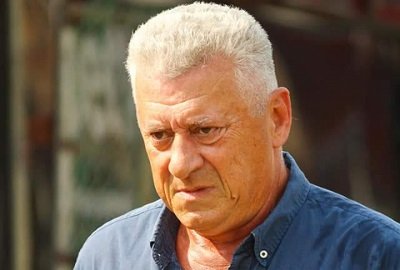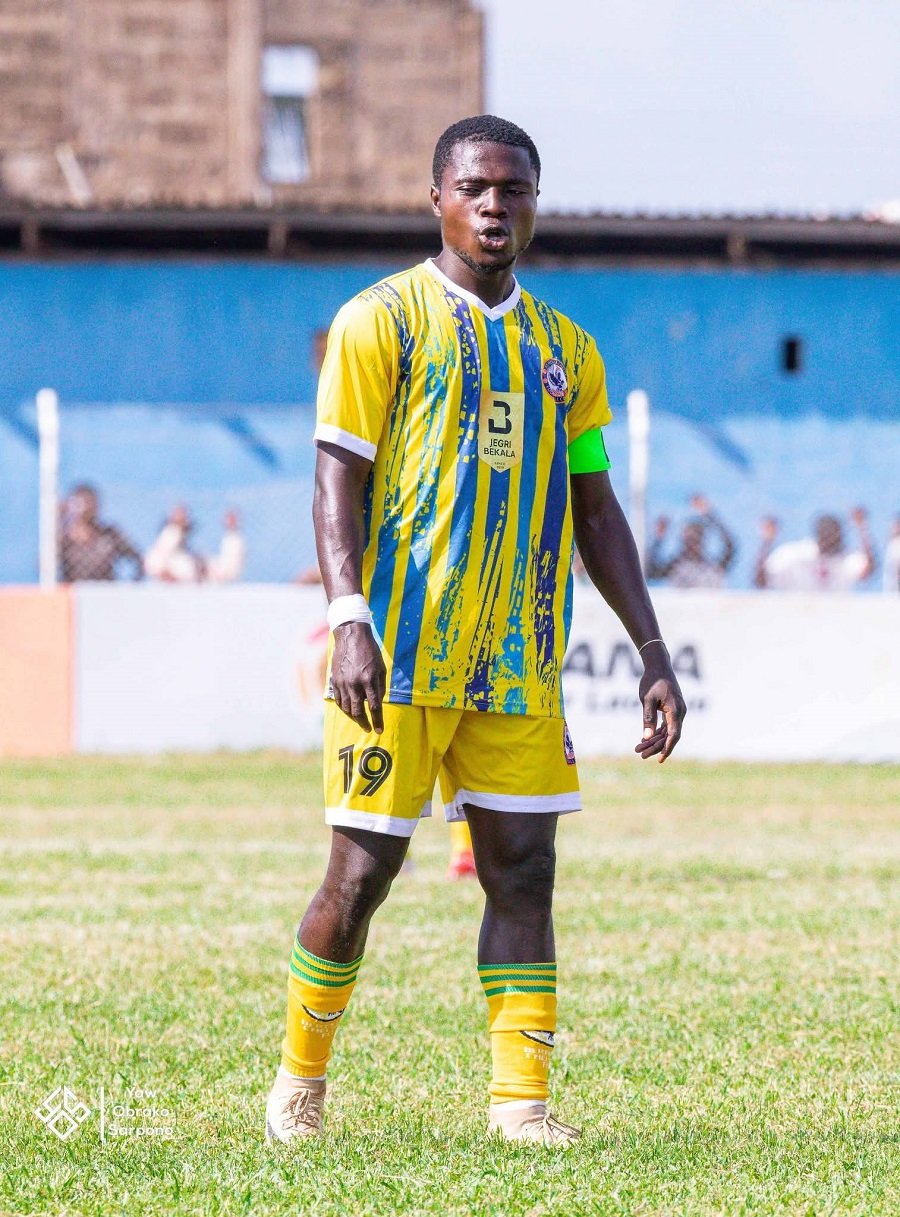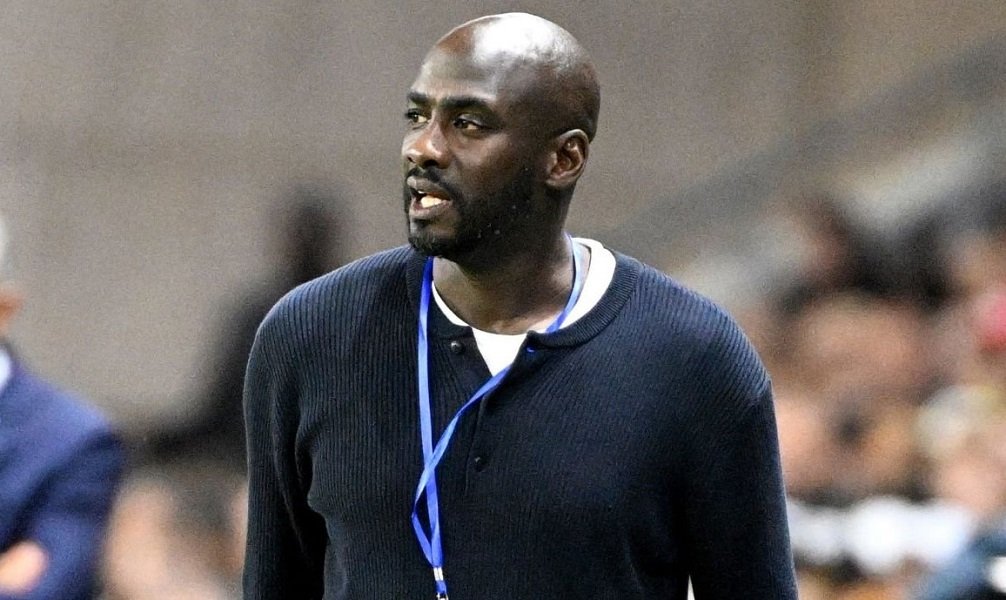Sports
The ‘Papic’ revolution must start now!

Hearts of Oak have been hit by a double whammy of misfortune: First, it was the resignation of their Serbian coach Kosta Papic, followed by the club’s goalkeeper’s trainer – Ben Owu. Perhaps, the latter’s action is no big deal.
The Serbian trainer handed in his resignation on Monday, attributing his decision to interference from the Hearts top hierarchy.
“The influence from the management and board in player selection will make every professional coach uncomfortable at Hearts of Oak,” Papic told Accra-based Angel FM.
Papic, who was having his second stint with the Phobians, had been in charge of 10 games – winning four, losing three and drawing the rest.
For a club that is fiercely hunting for its first silverware since the 2008/9 season, the Serbian’s run may have given many fans some discomfiting sense of worry.
That is fair enough.
Of course, in a situation where the coach is pointing to a panoply of interferences in his work, one cannot entirely fault him for the slump that has seen the Phobians now occupy the 11th position on the log with 17 points – eight adrift the leaders – Karela United.
The worse situation a coach can face in the course of his work is when his employers attempt to select players for him. This is one perplexing aspect many Ghanaian coaches encounter, but for fear of losing their job, they ‘hold their noses’ and endure the pain.
When you interfere in the job of the coach, you must as well share or take the blame when he performs abysmally. Sure, you do not pass the bug. You do not give the dog a bad name with the solitary intention of hanging it. That is the modus operandi of some big wigs in management positions.
One must, therefore, gild the lily of Papic for deciding to leave the club in the lurch. It was a smart move by a coach who appears clairvoyant to the catastrophe that awaits him if he continues to be at the helm of affairs.
Clearly, he could no longer take the bunkum-baloney anymore!
But more important, Papic’s exit must spark off a revolution in the club. It must be known as the ‘Papic’ revolution. The club’s faithful must wake up and ensure that the right thing is done. They must smoke out the bad elements in the club whose only preoccupation is to interfere in the work of coaches by insisting on players to use – without which they are victimised.
Indeed, in the last decade or so, Hearts have sacked more than 12 coaches, averaging about two in a season.
In 2012 alone, the club showed Serbian Nebojsa Vucicevic and C.K Akonnor the door. Coach David Duncan was the next to follow in 2013; same as Mohammed Polo (2014) and Herbert Addo (2015).
Others are Kenichi Yatsuhashi (2015-2016), Yaw Preko (2016), Portugal’s Sergio Traguil (2016), Scottish Frank Nuttal (2017-18), Henry Wellington Lamptey (2018), Seth Hoffmann (2018), Kim Grant (2018-19) and finally Kosta Papic (2020-21).
Question: With this string of recklessly thoughtless dismissals, what has it achieved for Hearts? Nothing! Instead, tears and heartbreaks! What stops the club from maintaining some consistency? Are we saying all these coaches sacked were not up to it or because they did not enjoy cooperation from the players? Certainly, something must be wrong somewhere!
It is the reason a good number of the fans think the current Board and Management of the Club appear clueless, bewildered and befuddled as to how to turn the tide around and must be flushed out.
On Wednesday, management of Hearts held a news conference and attributed the exit of Papic to things other than interference, insisting that they did their damnedest trying to convince the Serbian to stay.
Well, truth is, Hearts supporters are going through some harrowing moments now. Undeniably, if the worst comes to the worst and the club falls, it will be supporters who would pick up the pieces. But would the fans want to pass the time, sit aloof until such worse moment arrives?
It does not seem so!
PlainTalk with JOHN VIGAH
Sports
Chelsea Host Hearts in Berekum

Attention will be at the Golden City Park in Berekum tomorrow as Hearts of Oak lock horns with Berekum Chelsea FC in a Ghana Premier League Matchday 6 game that promises an electrifying atmosphere.
Lying sixth on the league table with two wins and three draws, the Phobians visit a ground that has been favourable to them in recent times. In their last three visits to the Golden City Park, Hearts have amassed seven out of nine points, putting them in strong contention to win.
Head Coach Mas-Ud Didi Dramani says, “The team is making progress in its tactical identity despite the lack of goals, and this is something we are working on ahead of this game.”
Hearts will come face-to-face with former coach Samuel Boadu, whose side lies a distant 13th on the league table with a win and a draw from four games. Coach Boadu is yet to celebrate a victory over the Phobians since joining the Berekum lads and would hope this fixture marks a turnaround.
Ninth-placed Vision FC would trek to the Nana Fosu Gyeabour Park in Bechem to play Bechem United, while new boys Hohoe United host Aduana FC at the Hohoe Sports Stadium.
Returnees Swedru All Blacks will welcome Basake Holy Stars to the Swedru Sports Stadium, with defending league champions Bibiani Gold Stars staying put at their backyard, the Dun’s Park, to welcome second-placed Heart of Lions FC on Monday.
Today at the TnA Stadium in Tarkwa, Medeama SC will clash with Samartex FC in a Western derby. Other games scheduled for today would see Eleven Wonders FC host Karela United at the Swedru Sports Stadium, while Dreams FC face Nations FC at the Tuba Astro Turf.
By Raymond Ackumey
Join our WhatsApp Channel now!
https://whatsapp.com/channel/0029VbBElzjInlqHhl1aTU27
Sports
How Otto Addo Turned Critics Into Fans (1)

Ghana coach Otto Addo may not command the kind of fear and respect like Pep Guardiola, Jose Mourinho, Carlo Ancelotti, Luis Enrique and others in the modern game, but in his small corner, he is gradually climbing the ladder to greatness in Ghana, Africa and the world at large.
The aforementioned coaches attained greatness with club sides and, therefore, open an argument over whether one is not comparing apples to oranges. But no matter how one looks at it, they are all coaches harbouring similar ambitions to attain greatness in their fields.
Otto Addo is one of the young and upcoming coaches holding a lot of promise and was getting experience with his association with Borussia Dortmund in Germany until his path was directed by a Ghana call.
Although he was born in Germany, Otto Addo’s association with Ghana football dates back to 1999, spanning a period of about seven years; commencing with a 5–0 rout of Eritrea on February 28. He gained international prominence when he joined the squad for the 2000 African Cup of Nations. He featured as a midfielder in the team for the 2006 FIFA World Cup.
But like it’s often said, a prophet is not recognised in his own home and his efforts partially went unnoticed. He’ll go into the annals as one of the Black Stars coaches to have been fairly or otherwise criticised not just by ‘football people’ but fans who doubted him.
His sack has been discussed at various platforms by people whose knowledge and tactical acumen about the game remains questionable. Ghana’s Minister for Sports and Recreation, Mr Kofi Adams, at one point openly stated his doubts over Otto Addo’s ability to actually deliver.
No coach would feel secured in such turbulent times, but coach Otto Addo kept his calm and composure. On the corridors of his employers, however, the Ghana Football Association (GFA) president, Kurt Okraku, openly rallied support for him, though a few ‘doubting Thomases’ still questioned his credentials.
That painted a picture of a people that forget easily and are quick to crucify. In a brief moment of adversity, Ghanaians forgot how Otto Addo was brought in to pluck qualification for the Qatar 2022 FIFA World Cup from the jaws of the Super Eagles of Nigeria with a solitary goal over two legs.
The upshot of that feat was not one any Nigerian would want to remember. The scenes after the match were awfully chaotic, as fans vented their anger on facilities at the stadium. Back in Ghana, it was partying all night and day.
Otto Addo was labeled the football magician. He achieved something no Ghanaian coach had ever accomplished; a feat which Ghana with her all-time best teams could not attain. That was the climax to which Otto Addo took Ghana football, generating calls to start believing in the Ghanaian coach.
Following that to the World Cup proper was another story altogether. It was, or may have been, our poorest show at any of the four World Cup appearances. And just as it was stipulated in his contract, he bowed out after the Qatar World Cup to mind his Borussia Dortmund business with peace.
But as fate would have it, nature found a way to renew his romance with Ghana football after an unconvincing start to the America, Canada and Mexico dream World Cup under special advisor turned coach, Chris Hughton.
Ghana started the qualifiers on a winning note but not a convincing performance. It was saved by an Inaki Williams goal scored on the sixth minute of additional time against Madagascar at the Baba Yara Sports Stadium. The Black Stars then slumped to a 1-0 defeat at the Stade de Moroni to Comoros to heighten calls for a new technical direction.
Then stepped in Otto Addo when Ghana occupied the fourth position in Group I with three points but with the countries in the group evenly matched.
By Andrew Nortey






